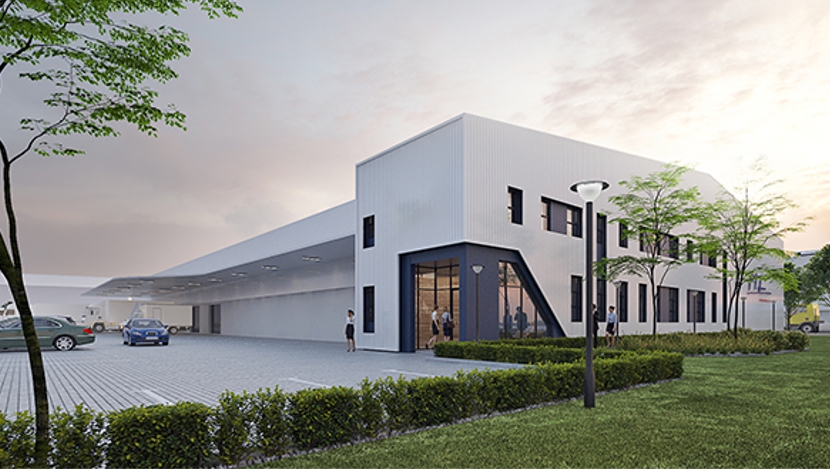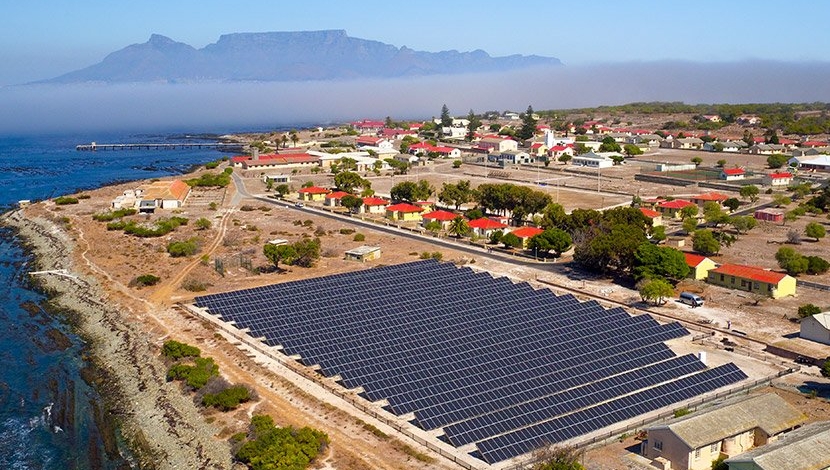

An increase in land-controlling developers that are willing to sell turnkey solutions has been observed by residential and commercial property consultant Knight Frank.
Nonetheless, the company explains that developers would still prefer to sign long-term lease agreements with tenant companies that are likely to operate with profits during downturns.
Properties that are being built in Cape Town, and other parts of the country, are increasingly attracting buyers in the industrial and commercial property market.
Knight Frank Cape Town broking head Wesley Cowanhighlights that, in Cape Town, there are several new developments taking place. The Atlantic Hills (N7), Richmond Park (N7), Montague Gardens (N7), Brackengate (R300, warehousing developments) and the lower Long street in the CBD areas, “are all coming out of the ground”.
“With the property trends in the city and the influx of people moving to the Cape, the interest is positive across the board,” he says.
However, he states that companies that are looking to buy property in Cape Town should analyse their cash flow before making a decision. If the money that would be spent to buy a property could be used more effectively in the core business of a company, it would be better to rent a building.
“Sale leaseback transactions from previous years on larger portfolios are proof of the importance of core business investment,” he warns.
A leaseback transaction is an arrangement where the buyer purchases the property and the seller rents the property back from the buyer.
Cowan concludes that companies looking to buy, lease or even arrange for a sale leaseback agreement on property should do market research by contacting companies such as Knight Frank to find out which suburbs are showing the most growth and where the best value for money can be found.




